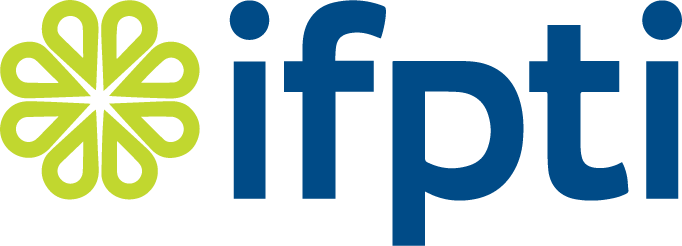Laboratory NCS
Mid Specialized Labs
Radiochemistry
Description: The analysis of samples or materials for radioactive substances utilizing their chemical, physical, and/or nuclear properties, including chemical manipulation and measurement of their radioactive emissions and/or number of atoms.
Competencies by Topic Area:
Click on a competency to expand details and to view all approved learning resources.


